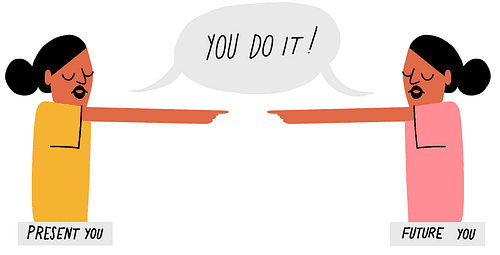The negative thoughts and anger that come along with reactance make it worth taking the time to notice when your brain engages in psychological reactance and attempting to reframe those scenarios so they do not feel like threats to freedom. If I can think differently about the question when my husband asks me “what’s the plan,” I might be able to spare myself from those brief, negative thoughts and emotions.
36
239 reads
The idea is part of this collection:
Learn more about personaldevelopment with this collection
How to adapt to different speaking situations
How to engage with an audience
How to use body language effectively
Related collections
Similar ideas
Key life examples
Psychological reactance is why you hate it when your manager asks you to do a task and you feel you are being micromanaged. However, realtization dawns on you that the task was critical to your work and professional growth.
We often do things against our best interests bec...
Why we do the opposite of what we are supposed to do
We hate the feeling of being bossed around, even when doing as we’re told is good for us.
Psychological reactance is our knee-jerk negative reaction to being told what to do.
Based on research, almost everyone has this mental reflex against being told what to do, esp...
Anger is a positive reinforcer
We often classify anger as negative because the outcomes are negative. But anger itself is positive when we separate it from its surrounding thoughts and behaviours.
When we assess an injustice, we often conclude that something is wrong, but that I am right!
Read & Learn
20x Faster
without
deepstash
with
deepstash
with
deepstash
Personalized microlearning
—
100+ Learning Journeys
—
Access to 200,000+ ideas
—
Access to the mobile app
—
Unlimited idea saving
—
—
Unlimited history
—
—
Unlimited listening to ideas
—
—
Downloading & offline access
—
—
Supercharge your mind with one idea per day
Enter your email and spend 1 minute every day to learn something new.
I agree to receive email updates
